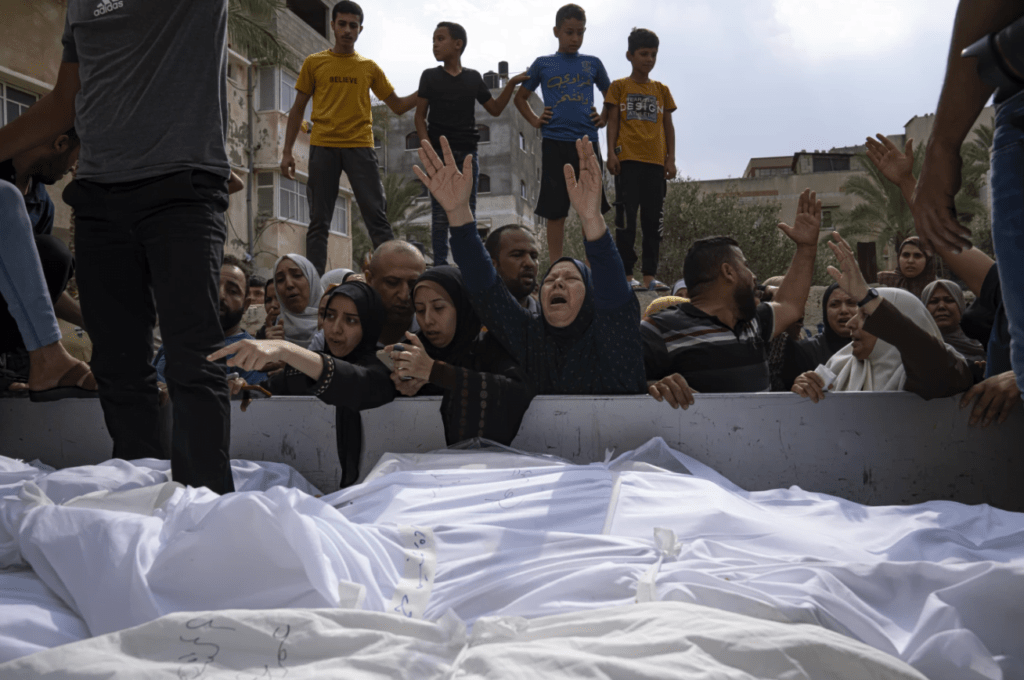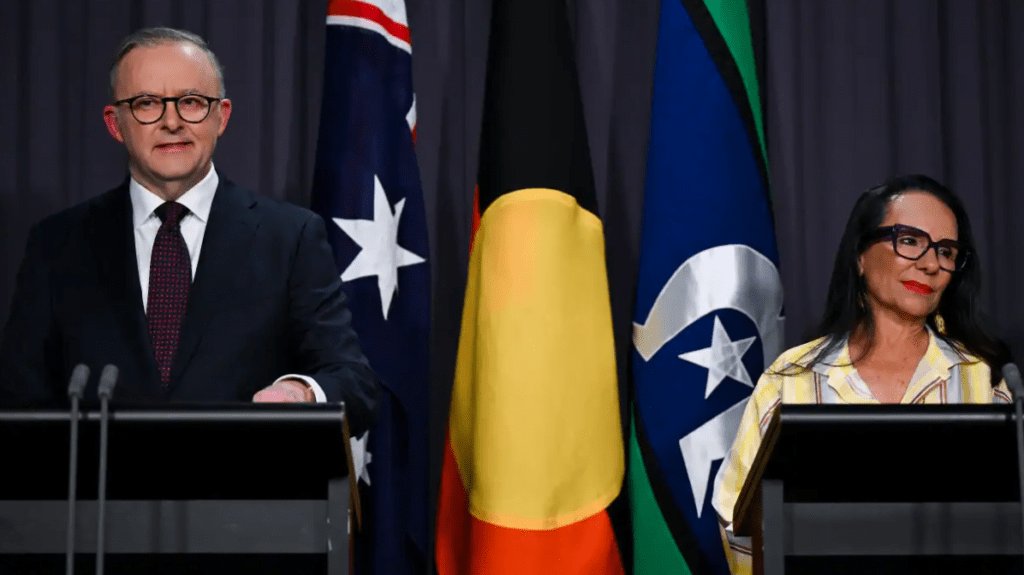Iran’s foreign minister has issued a warning, indicating that an Israeli ground offensive in Gaza could compel Iran to intervene, potentially expanding the conflict to other areas in the Middle East.
Hossein Amirabdollahian made the statement during a meeting with United Nations envoy to the Middle East, Tor Wennesland, on Saturday in Beirut, Axios reported citing two diplomatic sources with knowledge of the situation.
According to these sources, Abdollahian emphasized that while Iran does not desire the conflict to spread to other parts of the region, it would have no choice but to respond if Israel continues its operations in Gaza.
The situation saw an Israeli ground assault on Gaza looming on Sunday, following a surprise attack by Hamas militants on October 7, resulting in the death of 1,300 Israelis, primarily civilians, and the abduction of numerous hostages to Gaza. The Gaza Health Ministry reported over 2,300 Palestinian casualties since the onset of the hostilities.
In Beirut, Amirabdollahian informed reporters that Lebanon-based Hezbollah had thoroughly considered various war scenarios and urged Israel to cease its attacks on Gaza without delay. It’s noteworthy that Hezbollah, a terrorist group, receives support from Iran.
It comes after Israel’s military issued a directive on Friday, ordering the evacuation of northern Gaza, a region home to 1.1 million people within 24 hours.

Meanwhile, amid the escalating Israel-Hamas conflict, Australians in Lebanon are being urged to return to their home country. The Australian government is expediting the evacuation of its citizens from the besieged Gaza Strip, as government-organized Qantas flights out of Tel Aviv were canceled on Saturday evening. Foreign Minister Penny Wong confirmed that new chartered and military flights were arranged to retrieve Australians from Israel on Sunday.
Australia is collaborating with the United States, Israel, and Egypt to secure a safe passage for Australians in the Gaza Strip, where Israel is preparing an invasion to target the Hamas leadership responsible for last week’s described “heinous” terrorist attacks.
Previously, the Israeli military had conducted extensive airstrikes on the Gaza Strip, indicating readiness for a potential ground invasion. They also maintained a complete siege of the territory, leading to severe shortages of food, fuel, and medicine, as Hamas militants continued to hold around 150 hostages from a recent incursion.
U.S. Secretary of State Antony Blinken’s visit and the delivery of U.S. weaponry provided strong support for Israel’s ongoing actions in Gaza, despite concerns from international aid organizations about the worsening humanitarian crisis. Israel had blocked essential supplies and electricity, leaving Gaza’s 2.3 million residents in dire circumstances, with no access to basic necessities or aid from Egypt.
Israeli Energy Minister Israel Katz confirmed the halt of essential services and fuel deliveries until the hostages were released. The Israeli military’s Lt. Col. Richard Hecht indicated their readiness for a ground operation if political leaders commanded it.
The continuous bombardment of Gaza, involving 6,000 munitions according to the military, led to Palestinians fleeing their homes, seeking safety amid the chaos.
A strike on the Jabaliya refugee camp resulted in the collapse of a residential building, killing at least 45 people, with 23 of the casualties being under 18 years old. The strike occurred on a home where numerous relatives had sought refuge after fleeing from other areas. Additional reports indicated that another house was hit simultaneously, but the extent of the damage remained unknown. Israel’s military did not immediately respond to requests for comment.
Residents in Gaza faced growing challenges as the number of displaced individuals increased by 25% within a day, reaching 423,000 out of a population of 2.3 million. Many crowded into U.N.-run schools for shelter, where families struggled to secure enough food for even a single meal.
The lack of electricity and rationed water supply left many families in dire straits. A severe shortage of basic necessities persisted, with most bakeries unable to produce bread due to a lack of electricity.
Gaza’s sole power station ran out of fuel and ceased operations, leaving only scattered private generators for essential lighting. Hospitals, overwhelmed with wounded patients, faced dwindling supplies and had only a few days of fuel left for their operations.
International Committee of the Red Cross regional director Fabrizio Carboni warned of the grave consequences of power shortages on critical medical equipment such as newborn incubators, kidney dialysis machines, and X-ray systems.
The hospitals also faced damage from strikes, with at least 14 health facilities affected. Gaza’s biggest hospital, Shifa, reached its capacity in the morgue, leaving ambulance crews with no space to place the deceased. Gaza’s healthcare system was on the brink of collapse.
Israel’s response to the conflict included the leveling of entire neighborhoods rather than targeting individual buildings. Hecht, the military spokesperson, defended these decisions, citing intelligence regarding Hamas locations and asserting that civilians were warned before strikes.
The Israeli Prime Minister, Benjamin Netanyahu, vowed to “crush” Hamas following their attack on civilians and soldiers, which included the killing of hundreds of people, including children, in their homes and at a music festival.

